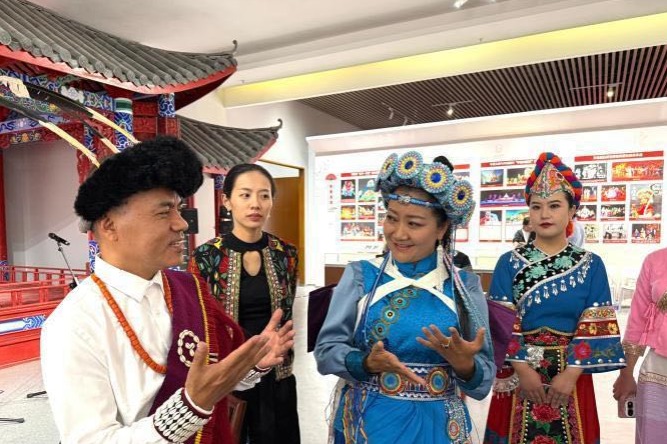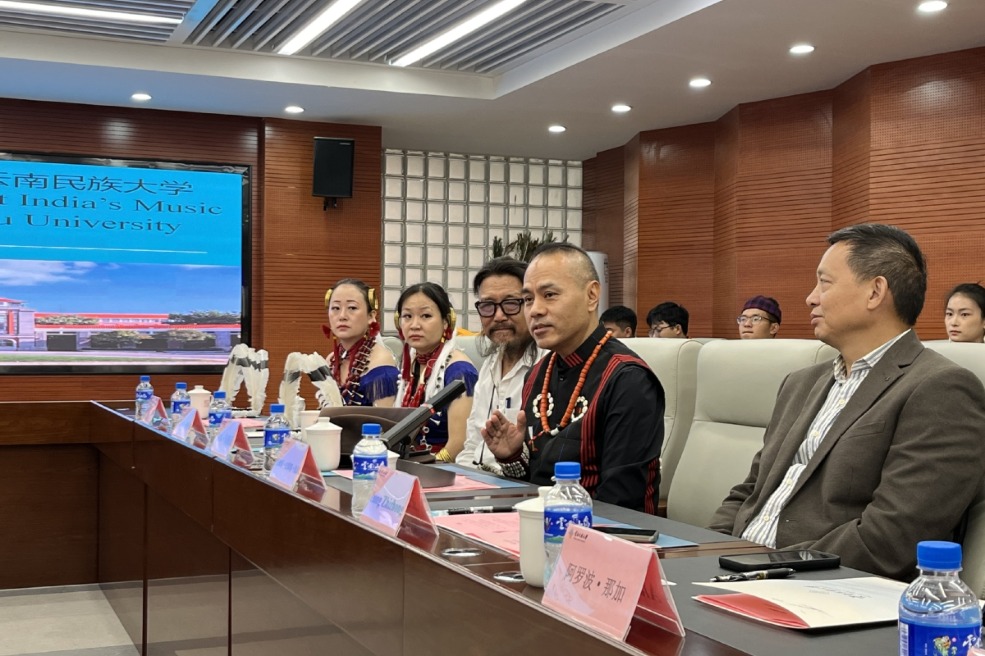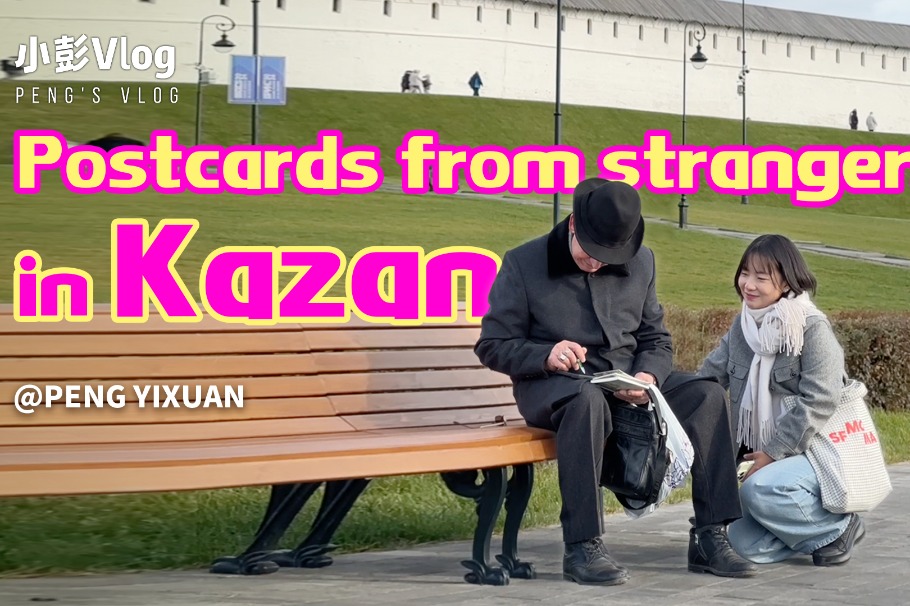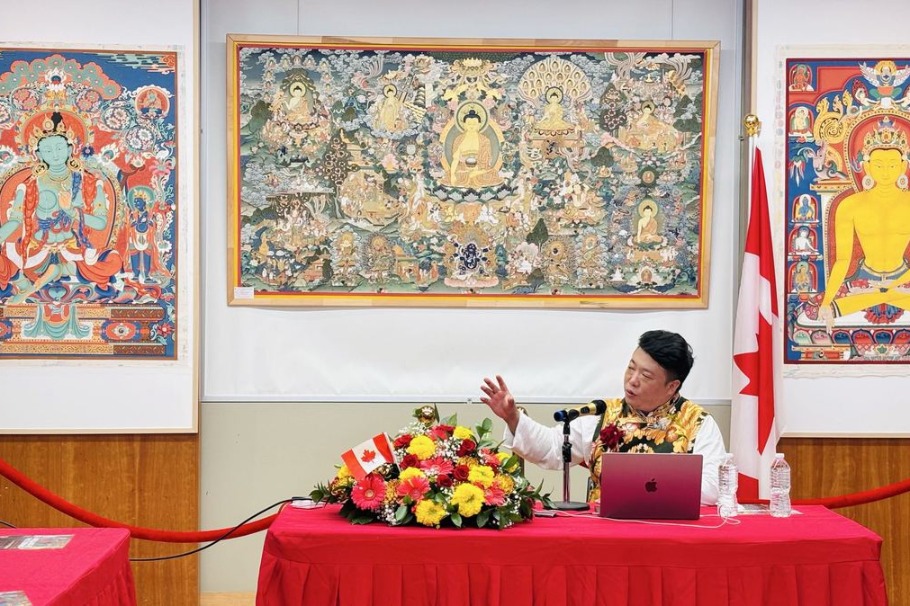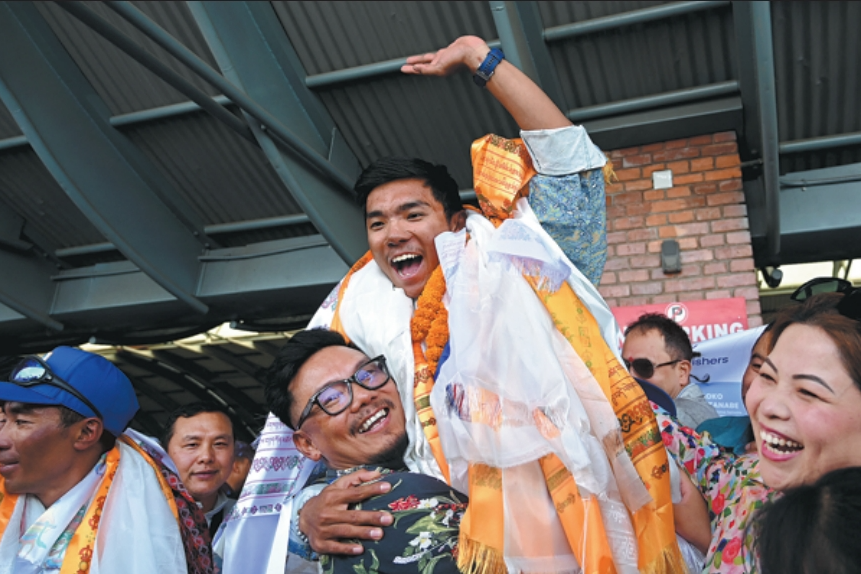Europe-Asia cooperation will be key to win-win prospects

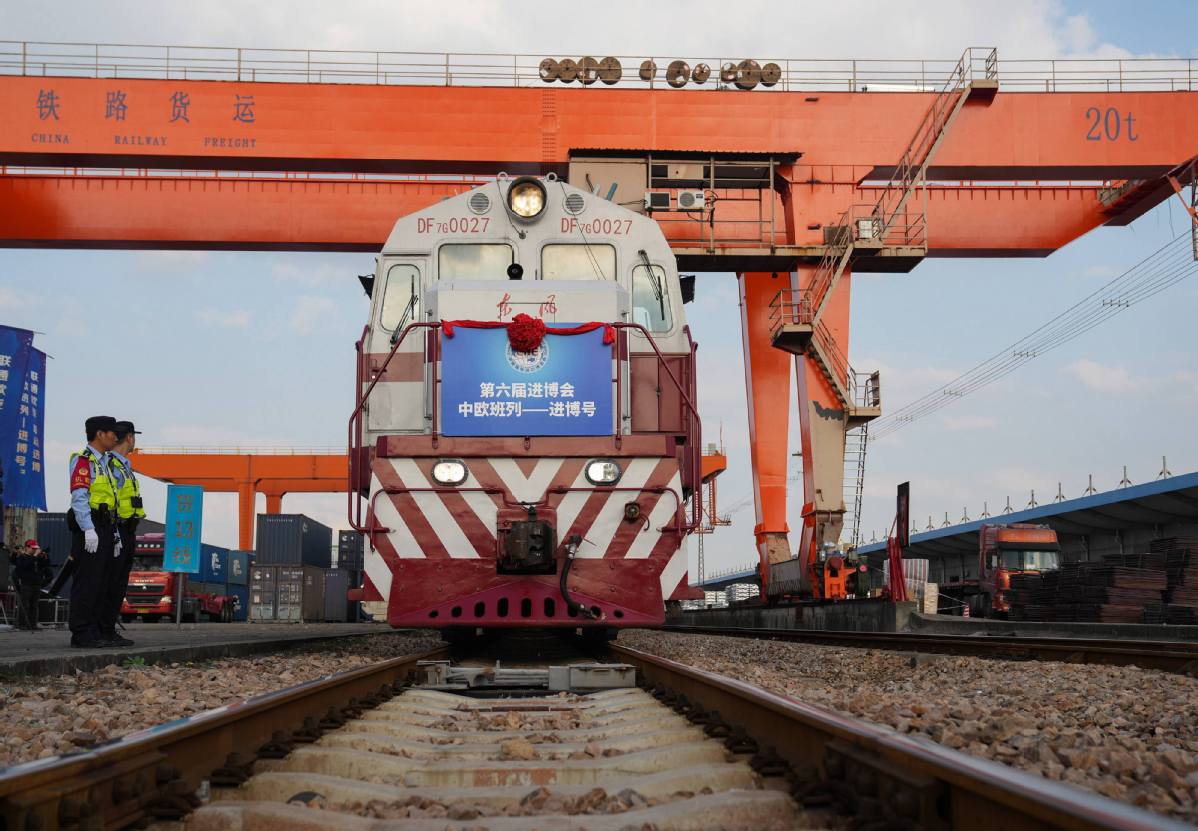
We live in a world roiled by geopolitical turbulence, disrupted supply chains and high inflation. The resilience of the global economy needs to be strengthened, as it is increasingly dominated by geopolitical considerations.
But that is not an easy task, especially in light of the current deglobalization tendencies, which create severe risks in terms of the loss of efficiency gains provided by globalization.
These factors, together with the megatrends of today, such as sustainability and the digital economy, require a new kind of thinking that is characterized by out-of-the-box ideas, long-term visions, measurable targets and mutual understanding. For better orientation among these megatrends, we have to use a combination of knowledge, talent, technology and capital.
Knowledge is the most essential resource of our interconnected economies today. Knowledge rests on talent and creativity, which contribute to the renewal of ideas and highlight new, undetected fields and connections.
Knowledge is unique, in the sense that its value is growing exponentially through being shared, though at the same time, it is never lost by its original owner. So our most compelling task is to share knowledge. As in the past, throughout the age of the ancient Silk Road, the great achievements in science, architecture, arts and business resulted from interactions between Europe and Asia.
In the past decades, the world's economic center of gravity has been returning to the heart of Eurasia, due to the rise of China and other emerging Asian economies and their rapid adoption and development of the industries of the future, big data, data centers, green and clean technology, electromobility, biotechnology and healthcare, as well as central bank digital currencies.
Europe and Asia can only be successful and competitive if they cooperate, and this cooperation will bring about the age of Eurasia. This new era is palpable in many areas, from financial digitalization and geoeconomics to technology and education. Connections are stronger than barriers, especially when it comes to the flow of ideas and innovations.
Eurasia is two continents but one geographical unit, and it has thousands of years of strong economic, social and cultural relations to draw on. Eurasia and the newly promoted old idea of sustainability are two sides of the same coin and go hand in hand in the building of a win-win world order.
The rivalry between China and the United States has become the principal paradigm of international relations since the start of this century, and it is having a profound impact on the dynamics of multilateral cooperation. The struggle between the two great powers also concerns the European Union, which needs to take today's megatrends into account.
It is vital for the EU to maintain healthy and stable political and economic relations with China to safeguard its own economic interests, and to strengthen its belief in the benefits of multilateralism and the rules-based international order.
In the relationship between China and the EU, the parties have mainly focused on economic cooperation: The EU became China's No 1 trading partner in 2004, while China became the EU's in 2020.Therefore, the EU has to perform a balancing act while developing its economic ties.
China has become a key player in the global economy, and it is striving to forge close trade and economic relations with European countries.
Because of the dependencies in the global economy, complete independence from China is not an option in the turbulent economic times of the 21st century. Instead of confrontation and division, the opportunities for cooperation and their 20-year-old engagement should be used and carried forward to improve their own competitiveness and tackle global and regional challenges.
Based on International Monetary Fund data, long-term geoeconomic fragmentation would cost up to 7 percent of global output, and if technological decoupling is added to the mix, some countries could see losses of up to 12 percent of GDP.
For several decades, the EU mostly focused on economic integration, but recently it has been seeking to determine its interests and priorities not only in terms of the economy but also in geopolitics.
Besides promoting the internal economic integration process, the EU now needs to define independent foreign policy objectives and interests from an international perspective, since this is the only way the bloc can become stronger and maintain its position in the face of the challenges posed by the rivalry between global powers.
It is crucial for Europe to manage the shifting geopolitical landscape proactively rather than in a reactive manner, by being aware of the causes, effects and connections of geopolitical processes, such as the challenges to produce and transport necessities like grain or microchips. Furthermore, geopolitical tensions between the major economies significantly raise threats to financial stability by increasing financial fragmentation and having an impact on international payment systems, asset prices and cross-border capital flows.
Improving cooperation is especially important when it comes to issues that are now inescapable, such as green finance, the digitalization of central banks, and worldwide financial stability. To be able to respond quickly to international events, the EU must be aware of the changes occurring in the global balance of power.
This is the reason we firmly believe that Hungary is well positioned to act as an intellectual hub for professionals from various Eurasian countries, because it is situated at the crossroads of many significant routes between Europe and Asia. It is more than capable of continuing to bring together influential decision-makers, entrepreneurs, business executives and academics to exchange views on the unavoidable changes needed to achieve sustainable development and to strengthen knowledge-sharing mechanisms within Eurasia.
The author is governor of the Magyar Nemzeti Bank, the central bank of Hungary.

















